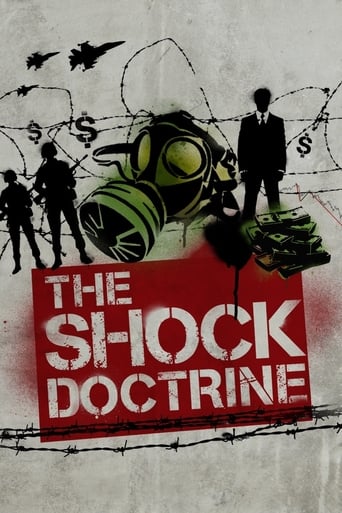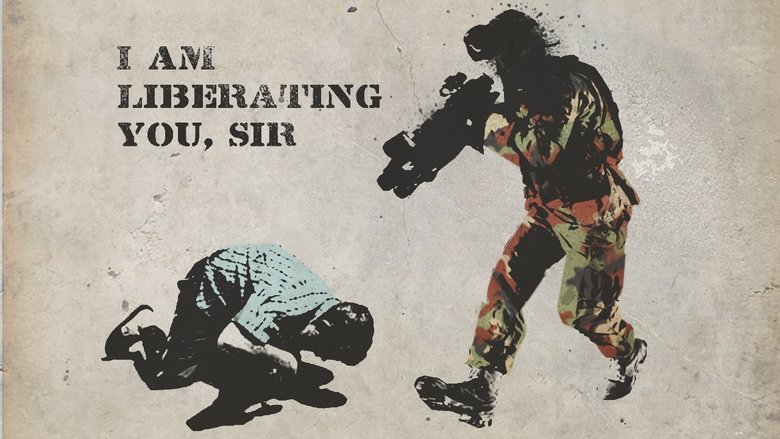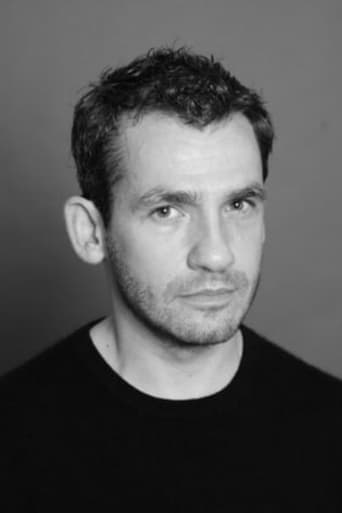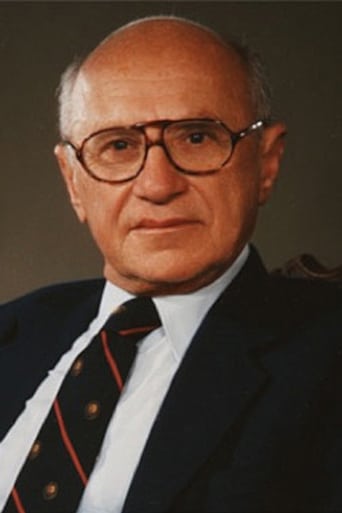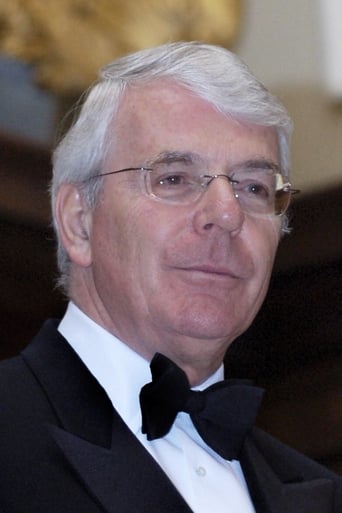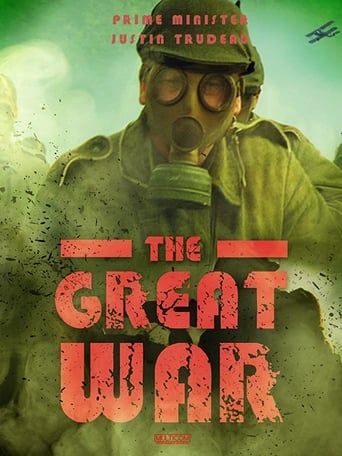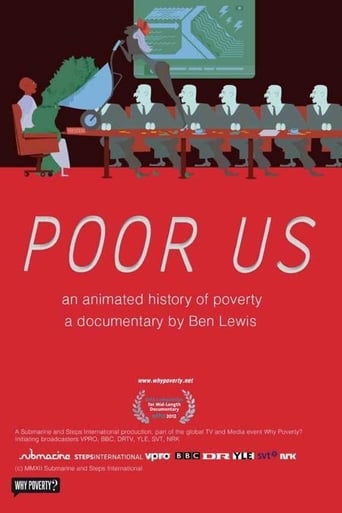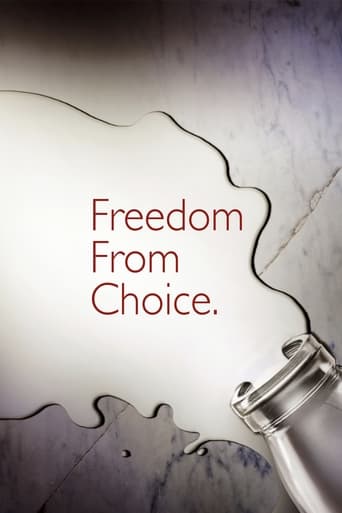The Shock Doctrine (2009)
An investigation of "disaster capitalism", based on Naomi Klein's proposition that neo-liberal capitalism feeds on natural disasters, war and terror to establish its dominance.
Watch Trailer
Cast


Similar titles

Reviews
Good story, Not enough for a whole film
An Exercise In Nonsense
A Major Disappointment
Very interesting film. Was caught on the premise when seeing the trailer but unsure as to what the outcome would be for the showing. As it turns out, it was a very good film.
This is a movie you should check out. Aristotle said that "It is the mark of an educated mind to be able to entertain a thought without accepting it." Well, going back to the start of the review, even if you think that what Naomi Klein is talking about is pure nonsense, "The Shock Doctrine" is a movie to watch, precisely even more if you don't agree with the ideas it presents.Basically the movie talks about how capitalism aliments itself on conflict and shocks, meaning that it is very good at distracting the attention from the important to some event that is terrible, but not the most terrible. For example, it talks about how the United Kingdom got into the Falklands War, and how that distracted public attention from the strikes and the civil unrest that was ongoing in the country. Does it all sound a little bit conspiratorial? It does, but it is also true that when something like a war happens, people's attention will be centered on that event, and it will become a situation of "us" vs. "others". Even if you don't believe that happens on purpose, it is true that systems, being it capitalism or other, may take advantage of those situations.But that's for a politics or international relations class. Going back to the documentary, "The Shock Doctrine" presents its ideas in a very clear and easy to understand way, and it gives enough examples to see why they say what they say. In that respects it does a very nice job. It also does a good job in making the viewer think and analyze situations. And it is very interesting to try to see things in a different light from the "official" view of things.As Aristotle said, you don't have to accept it. Or agree with it. But it doesn't hurt to think.
This formidable movie based on Naomi Klein's mightily important book, explains how the financial 'elite' uses shocks (crises) for implementing its 'free market' gospel, or, better, to increase its economic power and concomitantly its own financial interests.Economics (general shocks) In his mightily important book 'The Secrets of the Federal Reserve', E. Mullins reveals how the financial 'elite' manipulated market prices and provoked the Wall Street Crash of 1929. What they didn't foresee was the gigantic economic slump and the massive unemployment that would follow the crash. The US government had to intervene in the economy with a 'New Deal': breaking up the banking system and impose regulations and governmental interventions in the economy. The 'New Deal' weakened significantly the grip of the financial oligarchy on the US economy. The 'free market' gospel propagated by the Chicago School of Economics (Milton Friedman) is nothing less than a frontal attack on the legislation provided by the New Deal. The gospel defends deregulation and privatization of the economy instead of regulation and governmental intervention (through its institutions and enterprises). The gospel tries to prove and to justify that free market policies (the old order) are far better than those imposed by a government. The implementation of a deregulated and privatized (by selling off government possessions) economy was first tested in Chile and Argentina after military coups (shocks). It didn't work. The deregulation of the US financial system ended in a worldwide financial collapse of the banking system, which had to be bailed out by governmental intervention (the people's money) at a staggering cost of thousand of billions of dollars worldwide, a mind-boggling anti-shock treatment. Psychiatrics, psychology (personal shocks) The movie starts with the experiments of Ewen Cameron on psychiatric patients in Canada. He tried to control (break) the minds and to reprogram (clear) the psyche of his patients with electroshocks and drugs. His methods are now used on political prisoners ('terrorists'). By creating shocks (heavy bombardments, grotesque lies, false flag operations) and also after 'natural' shocks (floods) the 'elite' tries to instill fear into the population in order to control their will, to implement their policies and, in fine, to prevent or to obstruct the establishment or the functioning of a real democracy.Reactions Reactions against 'elite' shock doctrine policies must come from 'below', from the people, whose money was squandered in order to bail out the reckless speculations of 'too big to fail' mentalities. The solution will not come from those who want to 'fight' climate change by commodifying the atmosphere (trading carbon dioxide emissions).This movie and its extras are a must see for all those who want to understand the world we live in.
I read all the other reviews about the film, not the book. The divergent opinions and points of view on the case Klein makes for the harmful principals of the Milton Friedman values of an outright free market system and the erroneous view that it promotes social freedoms and vice-versa even and especially by using Shock Programs to stimulate an economy into Free Market, is a view of the case I share with Naomi Klein. I don't however, at least no more, believe in the Keynesian economics principal as the unfolding of events in the global economy of today disprove its theory's conclusion; time has disproven that.The movie, if you listen carefully to the words and the message of Klein, is a challenge for all of us not to accept any theory that sounds like the words of a preacher. Instead we're to listen to our hearts and mostly our reason and then only, do something about it instead of contributing to our society's demise by doing nothing. The wisest advice any person can ever give, receive or act upon is learning from history and not allow it to be erased for the benefit of the few pariahs.
After watching this film with a few friends (one of which was a former World bank employee), we had a rather mixed and somewhat heated conversation in the cinema bar. The film is basically a summary of the book, which talks about the ideas of Milton Friedman and how they have been used to influence world affairs. However, for those of you who may find the film 'superficial' I would recommend the book, as there is much more detail. Regarding the objectivity of the film, I don't believe that it's anti-American or anti-capitalistic (as my world bank friend remarked). Quite the contrary, it is very balanced and in my opinion Klein does not point a finger at a company without first presenting the facts. I think what a lot of pro-capitalists probably find annoying about Klein is that she brings the whole idea of multinational dirty dealings and currents affairs into the spotlight. After all, Halliburton, Shell, BP, the World bank etc. are far from angels when it comes to making money! I for one, commend the producers of this film and Mrs. Klein for a job well done!

